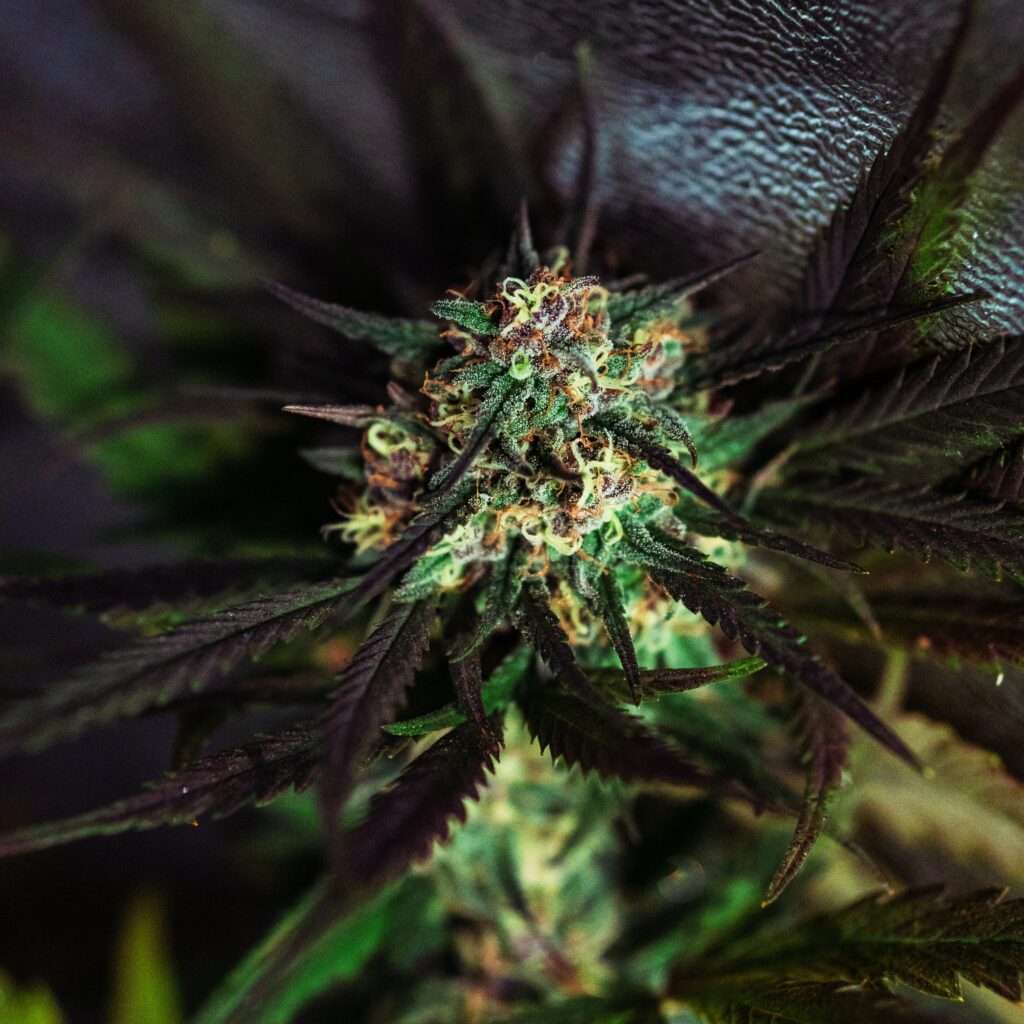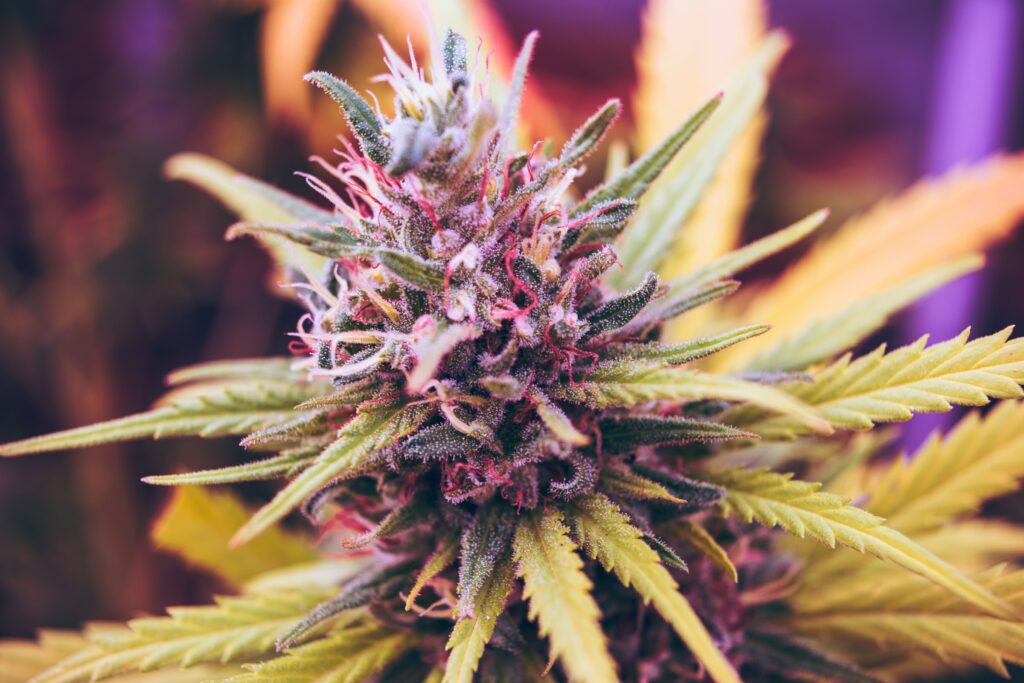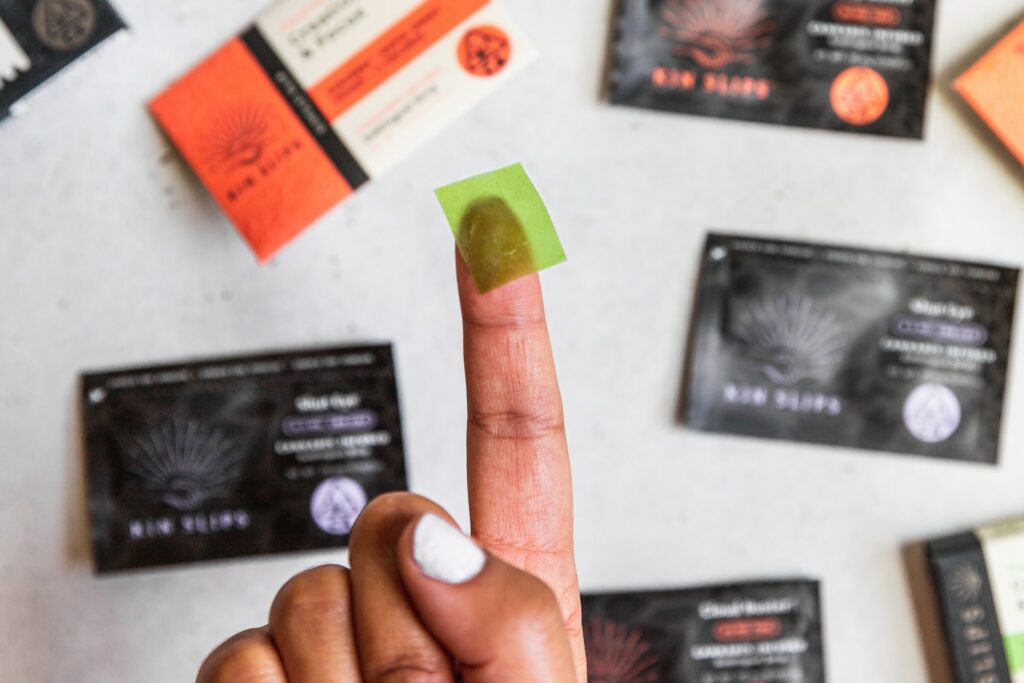A Deep Look into THC

THC (Delta-9 tetrahydrocannabinol) is one of the most recognized compounds in the cannabis plant because it’s the ingredient that comes with a kick. THC is mostly found on the female cannabis plant’s trichomes.
The plant produces THC through its resinous glands found on the flower to protect itself from animals and harmful UV rays to ensure its survival.
When was THC discovered?
Known as the Godfather of THC, Israeli chemist, Dr. Raphael Mechoulam started analyzing the cannabis plant in the sixties after getting his hands on Lebanese hash for research purposes. The manner in which he obtained the stash was a bit dodgy but it was the start of a great discovery.
CBD was the first cannabinoid to be isolated and tested, then a year later, he found THC, and he also discovered that these compounds interact with our endocannabinoid system (ECS). ECS has cellular receptors and activators and regulates important processes such as our mood, pain thresholds, memory, appetite, motivation, and pleasure. Our endocannabinoids have a similar molecular composition as the cannabinoids that are found in the cannabis plant, and our bodies produce these naturally. So, when we smoke or ingest cannabis, it activates our ECS.
After making these discoveries, the Israeli chemist was able to get his hands on more cannabis, in less dodgy ways, in order to continue his research. He also claimed to never have personally used cannabis as he did not want to compromise the integrity and validity of his studies.
The effects of THC on the body and brain
A complex biological process happens when THC enters our system. It attaches itself to our ECS receptors are responsible for reacting to stimuli. Our receptors become enriched and then trigger other chemical reactions in our ECS. Parts of the brain become engaged such as the hippocampus that controls our memory, the frontal cortex where all our thought processing happens, and the cerebellum that’s responsible for coordination and movement.
With THC’s involvement, our short term memory can be affected, while the neurons in the frontal cortex respond quicker thus enhancing thought and creativity, and its effect on the cerebellum can sometimes make us feel a bit clumsy when high on THC. At the same time, our levels of dopamine increase and stimulates laughter and the feeling of euphoria. Additionally, there is a chemical reaction within the digestive tract.
Each person has a unique biological makeup so the effects of THC will vary between individuals. The type of cannabis strain, dosage, and method of consumption will also influence the intensity and duration of the effects.
- Overall positive effects are improved mood, relief from pain and stress, and enhanced social skills.
- Short-term effects after consuming THC include uncontrollable laughter, euphoria, increased energy, relaxation, and appetite (the “munchies”), red eyes, parched mouth, and sometimes paranoia.
- Long-term effects when overusing THC can increase your tolerance and cause you to keep increasing your dosage, and over time it can affect your motivation levels and memory. People who have a predisposition to mental illness are at risk for developing symptoms of psychosis with cannabis abuse and smoking any substance regularly can affect lung health.
Therapeutic Benefits
Studies in animals have shown that THC has a remarkable effect on certain tumors but there is limited research on the effect on humans and cancer cells. However, it has shown to successfully treat the symptoms associated with ADHD, cancer, Crohn’s disease, Parkinson’s, pain, insomnia, migraines, and many other conditions. Cannabis is a versatile plant used for a wide range of medical purposes.
Activating THC
In its raw form, THC is classified as THCA, and only when THCA is activated does it convert into THC, which is why if you ate a cannabis bud, you won’t feel any effect. THCA has to be heated first, so when you smoke or vape cannabis, it activates the THC. With edibles and concentrates, THCA goes through a carbon extraction process to create the THC.
Other cannabis compounds
CBD is another well-known cannabinoid found in the cannabis plant; however, THC and CBD are quite different. Although CBD is present, THC is found in larger quantities in female cannabis plants. In contrast, CBD is more prominent in hemp plants.
Both THC and CBD have diverse interactions with our endocannabinoid system and CBD doesn’t present any psychoactive effects. Because they access the ECS differently, they offer unique benefits, and when used in combination, their therapeutic potential is maximized.






Responses